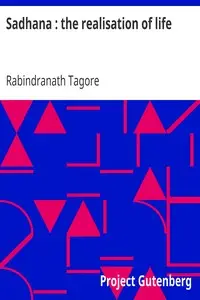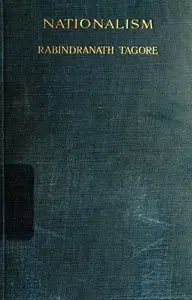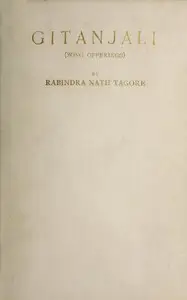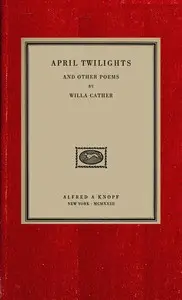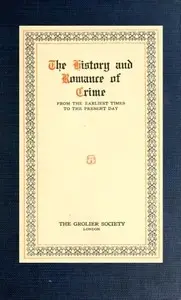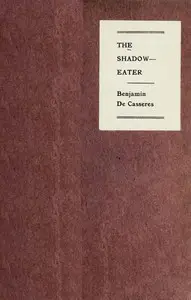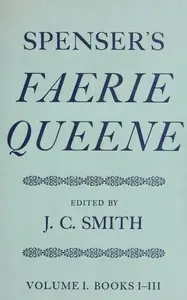"The Fugitive" by Rabindranath Tagore is a collection of lyrical poems written during the late 19th century. This work delves into themes of love, longing, and existential contemplation, exploring the emotional landscape of characters entwined with the passage of time and nature's beauty. At its heart, the narrative focuses on various characters whose hearts traverse the complexities of relationships, memory, and desire. At the start of the book, the narrator muses about the fleeting nature of existence and the call of the "Eternal Fugitive," reflecting on existence that is characterized by a constant search for meaning and connection. The opening portion encapsulates a poetic dialogue that embodies both personal longing and universal struggle, hinting at relationships formed and lost, as well as the intrinsic beauty of life despite its inherent transience. Through vivid imagery and emotional expression, Tagore introduces readers to a world where the spiritual and temporal intertwine, setting the stage for profound explorations of life and love. (This is an automatically generated summary.)

The Fugitive
By Rabindranath Tagore
"The Fugitive" by Rabindranath Tagore is a collection of lyrical poems written during the late 19th century. This work delves into themes of love, lon...
Rabindranath Tagore was a Bengali poet, writer, playwright, composer, philosopher, social reformer, and painter of the Bengal Renaissance. He reshaped Bengali literature and music as well as Indian art with Contextual Modernism in the late 19th and early 20th centuries. Author of the "profoundly sensitive, fresh and beautiful" poetry of Gitanjali, in 1913 Tagore became the first non-European and the first lyricist to win the Nobel Prize in Literature. Tagore's poetic songs were viewed as spiritual and mercurial; where his elegant prose and magical poetry were widely popular in the Indian subcontinent. He was a fellow of the Royal Asiatic Society. Referred to as "the Bard of Bengal", Tagore was known by the sobriquets Gurudeb, Kobiguru, and Biswokobi.

